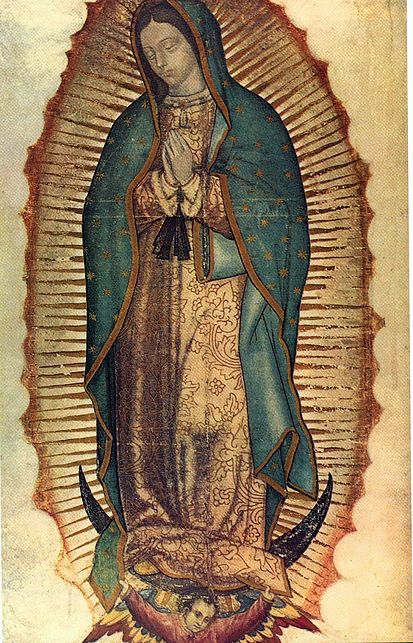A friend asked me to write a follow up to my initial article on Catholic Insight concerning Jean Vanier, and I will hopefully leave this as the last word on the matter, as we leave his soul in the hands of the merciful God, to those who seek His mercy. I will use some of her own thoughts – a woman’s perspective – in offer those words, and will call her R., to respect her anonymity.
Here is what I wrote upon first hearing of the allegations:
The first and most obvious one is, why did (the accusers) wait until he was dead before revealing all this? After all, whatever was done, seems to have been done between 1975 and 2005.
It turns out that, as R. pointed out, that it was only upon Vanier’s death that L’Arche gained access to his personal letters, which revealed a side to him of which very few knew, and was kept well hidden. Even after being forbidden to communicate with each other, Vanier and Father Philippe, who had been censured, would write to each other in code names.
Also, it seems, Vanier lied when questioned about Fr. Philippe’s practices. Furthermore, L’Arche only received the allegations against Jean Vanier in 2016. When confronted, Vanier admitted to the ‘affairs’, but said he thought they were ‘consensual’. Then, once the community received another allegation in March 2019, they launched the inquiry which, again, you may read here.
As R. emphasized – speaking from her feminine perspective – that we may not sufficiently appreciate the courage that those women needed in order to speak out–given Jean Vanier’s persona and how it would reflect on all the good that L’Arche does.
R. also wondered about the possible illegality of Vanier’s actions. As the report described, the women “felt deprived of their free will and so the sexual activity was coerced or took place under coercive conditions. This includes allegations that some of the sexual activity took place within the context of spiritual accompaniment whereby Jean Vanier as a person of significant power and authority would offer guidance to certain assistants he chose to accompany”
Unpleasant stuff, and rightly condemned. We should have compassion on these women. But, as Saint Thomas rightly says, not all vices – here, it seems, seduction and some level of psychological coercion – can fall under the heavy hammer of public law, the police and the courts. Of course, the Vanier affair – amongst any number of others even more disordered and sordid – does raise many questions, not least the place of sexuality and its expression. As the Church has always taught, to take the immense power of sex outside of the bonds of holy matrimony always leads to deleterious consequences: for the people involved, for any babies conceived – abortion, adoption, lack of proper family life – and for society at large. We are reaping the whirlwind of what the sexual revolution has sown.
The only place for proper and full consent is when both parties have made irrevocable and indissoluble vows – the ‘sacramentum’ of the sacrament – until death do thou part. Anything else is playing with the devil’s own fire.
Jean Vanier knew that, wrote on that, and, we may hope at some level, believed that, which is why this is so sad and tragic – the whole mysterium iniquitatis. But God has His own mystery, His own way of bringing good out of all things, and Satan never has the last word.











